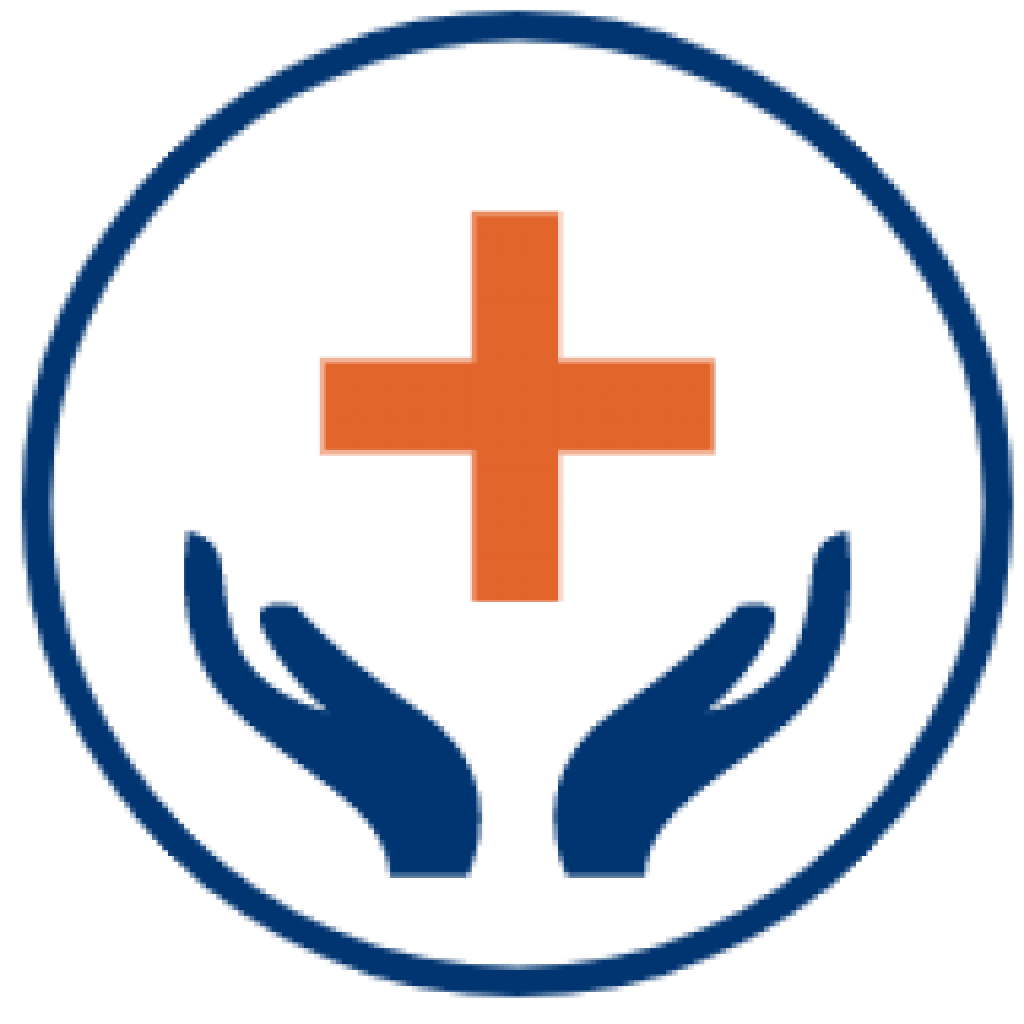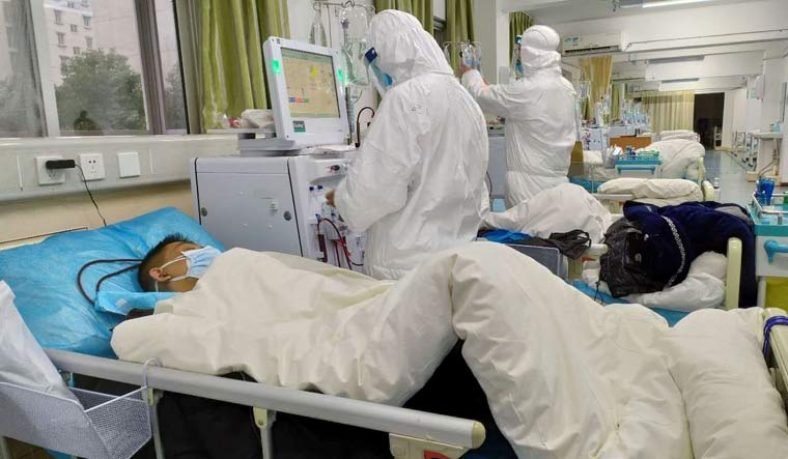Cardiac Risk Assessment

- 15+ Test Included
- 100+ Booked
This package covers
- Organ Health Evaluation: Heart
- Measurement: Homocysteine Levels
- Risk Assessment: Heart Diseases,Cholesterol, Infections
Why should you book this package?
- Free consultations with top Doctors
- Sample pickup at home
- Online reports within 48 hours
Cardiac Risk Assessment Test
What is a heart check-up or cardiac risk assessment test?
The saying goes that prevention is always better than cure. A heart check-up is very helpful for healthy people who want to prevent the development of any cardiovascular diseases and make changes to their lifestyle based on the findings. Some people may also have no idea they are at risk of developing cardiovascular disease in the near future. A cardiac risk assessment test can detect and test for heart disease at the earliest to provide the best care and prevent further complications in the early stages of a condition. These types of tests are also known as cardiology tests.
In the case of cardiovascular diseases, a large number of factors work together to help determine who is at risk and who isn’t. Some of the important indicators of weak heart symptoms and cardiac risk are age, family history, lifestyle factors such as smoking, diet, frequency of exercise, and weight. Other existing conditions such as high blood pressure and diabetes can also put you at risk for symptoms that could be indicative of heart disease like chest discomfort, sweating, shortness of breath and chest pain.
All this makes it extremely important to take a cardiac health checkup if you are above the age of 25, or if any of the influences like family history and lifestyle factors apply to you.
What does a heart check-up measure?
A cardiac risk assessment or heart check-up tests are for people who have no signs of cardiovascular or coronary artery disease. Once the initial intake and family history is taken, heart-related tests are given to further assess possible risk factors. The cardiac profile is used to measure the following criteria:
Sometimes you may notice some types of chest pain or symptoms of heart diseases, in which case, you should consult a cardiologist to get a professional medical opinion to understand your symptoms better. The signs of heart disease can include:
Why do you need a dengue fever test?
Chest pain, especially, is a telling symptom of heart disease. It’s important to consult a cardiologist so that they may understand your symptoms better and reach a correct and conclusive diagnosis.
For example, chest discomfort may indicate angina pain symptoms. Similarly, dull chest pain, mild chest pain, or sudden chest pain can be an early symptom, which can be treated successfully if detected earlier on. On the other hand, if you experience severe chest pain or sharp stabbing pain in the chest that comes and goes then you should schedule an appointment with a doctor at the earliest. Chest problems of that sort and pain in the chest that radiates to the neck, jaw, throat, shoulders, or back is a serious symptom that should be looked at immediately.
What types of tests are used in a heart check-up?
A blood test and a blood pressure test are the initial heart health check-up tests, but based on their results, more heart-related tests may be needed to further evaluate risk factors:
- Electrocardiography (EKG), which measures the electrical activity of the heart
- Echocardiography, which is an ultrasound of the heart
- Exercise cardiac stress test, which measures heart rate and rhythm when a person is made to exercise on a treadmill at the lab/clinic.
- Coronary catheter angiography, which takes pictures of the blood flow through the heart and checks for any blockages or narrowing of the arteries.
- Myocardial perfusion imaging, where a small amount of radioactive material helps to understand how the blood flows through the heart during rest and exercise
- Coronary CT angiography, where an intravenous dye is inserted into the heart to get 3D images of the arteries to check the extent of plaque buildup or presence of any bleeding or aneurysms.
How do we help?
We at medkare help you find the best doctors at the top hospitals who can give you the right assessment to check your risk of developing cardiovascular diseases in the future. The extensive nature of the heart check-up tests requires you to be present at the hospital or clinic. A consultation with a good doctor in any city of India guarantees the best treatment and a bright future for your health.
Consult with doctors and get in touch with hospitals using the medkare. With the help of our heart check-up package, a medical professional from Bioline will visit your doorstep and take you through the testing process. We help you to find the right fit with the best cardiologist, with personalised care that is quick and efficient.
Frequently Asked Questions:
If you are above the age of 25, then you should consider taking a cardiac test package to evaluate your organ health with our heart health check-up tests. You should take this cardiac health check-up in case you have a family history of heart disease, or lead a lifestyle that can increase the risk of heart disease as well.
The results of your cardiac profile and the blood test for heart function will be available on the mfine app within 48 hours of the heart check-up tests. You can find the complete report on your profile.
One of the top cardiologists will get in touch with you after the reports of your cardiac risk assessment tests are back. They will consult with you on your organ health, the lifestyle you lead, and any potential risk factors that you may need to look into.
This cardiac health checkup does not require a doctor’s prescription since it is only to test for your overall organ health. In case your doctor has prescribed certain cardiology tests to you, you should consult with them to see if any of the tests listed in this package are for you.
About Us
MedKare
MedKare is a holistic healthcare company that aims to make healthcare accessible and affordable in the country. In order to streamline the functioning of the health industry, we have brought doctors, pharmacists, phlebotomists and consumers under one digital ambit. This will save you from the burden of waiting in long queues, riding to a medical store or visiting a doctor.




